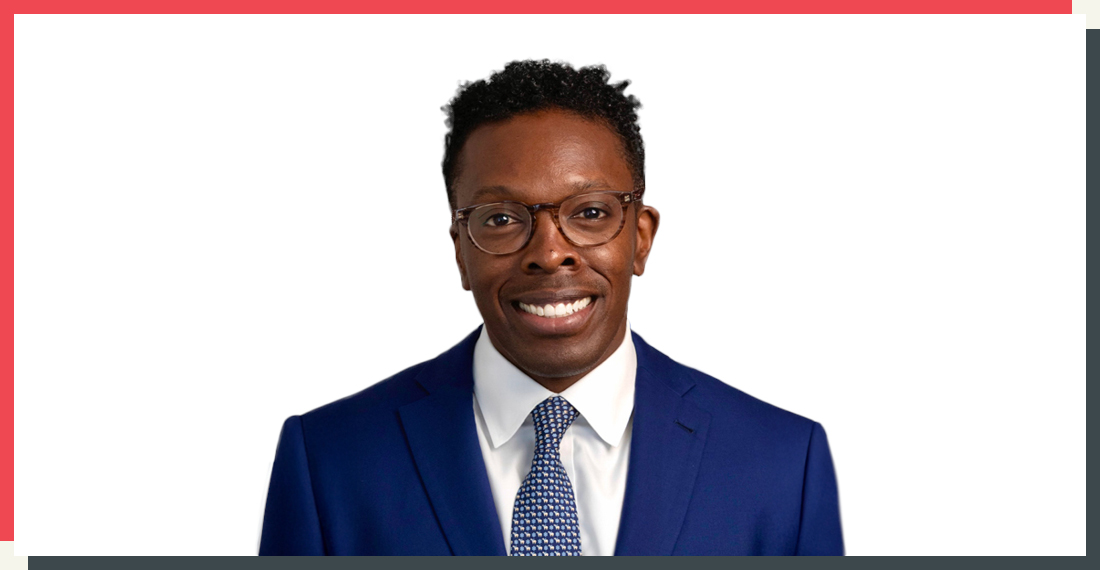This article was originally published in Law360.
Temidayo Aganga-Williams served as senior investigative counsel to the U.S. House Select Committee on the Jan. 6 attack on the U.S. Capitol, where he was responsible for investigating the facts and causes of the riot and shaping what would become the historical record of it, earning him a spot among the white collar attorneys under age 40 honored by Law360 as Rising Stars.
Temidayo Aganga-Williams
Selendy Gay
- Age: 39
- Home base: New York
- Position: Partner
- Law school: Cornell University Law School
- First job after law school: Associate at Cleary Gottlieb Steen & Hamilton
The biggest case of his career:
Aganga-Williams cites his work with the Select Committee in 2023, before joining Selendy Gay, as the biggest case of his career. According to the firm, he led all aspects of the committee's financial investigation, discovered sources of funding for the riot and tracked the spread of right-wing falsehoods that preceded it.
Aganga-Williams deposed and interviewed dozens of witnesses, including President Donald Trump's senior advisers and coordinated evidence that appeared on nationally televised hearings. He also contributed to the committee's final report, the firm said.
He said the case was substantively complex and challenging work, but also involved "laying out historical terms in real time."
"The attack will be written about in history books for decades to come, and I think it was challenging because not only was there a huge amount of time pressure, but we were also cognizant that we were dealing with writing what would be the primary historical record of those acts," he said.
His proudest moment as an attorney:
Aganga-Williams said the end of his tenure with the House Select Committee is among his proudest moments, saying he felt the committee "really did rise to the occasion and regardless of what came of it, we did our part."
"I was really proud to look back at the end of that tenure and think we did our part," he said.
Aganga-Williams said there have been times in his career when he's represented people in immigration court. He recalls one particular client, an asylum applicant, who had tears in her eyes after a hearing where she was permitted to stay in the U.S.
"That's a much different scale than the January 6 work, but I found it to be some of the most fulfilling work to date," he said.
Why he's a white collar attorney:
According to Aganga-Williams, his fourth-grade yearbook said he wanted to be a lawyer. He now considers himself "first and foremost, a litigator" with expertise in the white collar space but also has a thriving complex commercial litigation practice and is involved in bankruptcy cases.
He's not sure if he knew what a litigator was at the time the fourth-grade yearbook was published, but he has come to see it's "about crafting a story that's explaining the world as you see it. You are trying to convince people to see things the way you see it."
In white collar work, there can be "a power imbalance" when the other side comprises prosecutors and regulators with more power than you, and you must convince them of your narrative, Aganga-Williams said.
"There's a zero-sum element to that work that I find very interesting," he said. "It's rare to come out of litigation work with everyone happy, and that raises the stakes and makes it more challenging."
How he thinks the practice area will change in the next 10 years:
Aganga-Williams suspects litigators will become more comfortable "shifting gears" in their work over the next decade and that singular lawyers will come to handle larger parts of cases.
"I think that interconnectedness will require lawyers to exert a broader set of skills here than perhaps in the past when people were comfortable staying in certain lanes or clients were expected to hire multiple lawyers," he said.
He also expects to see the "robust" regulatory regime that has existed for the last decade potentially soften, in part by recent U.S. Supreme Court decisions.
Some industries that are new and growing, such as artificial intelligence, could be "like the Wild West" at the same time the federal government is pulling back, Aganga-Williams said. As a result, state governments could begin to step in more and become "new frontiers for that regulatory space."
Law360's Rising Stars are attorneys under 40 whose legal accomplishments belie their age. A team of Law360 editors selected the 2025 Rising Stars winners after reviewing more than 1,100 submissions. Attorneys had to be under 40 as of April 30, 2025, to be eligible for this year's award.


.jpg)